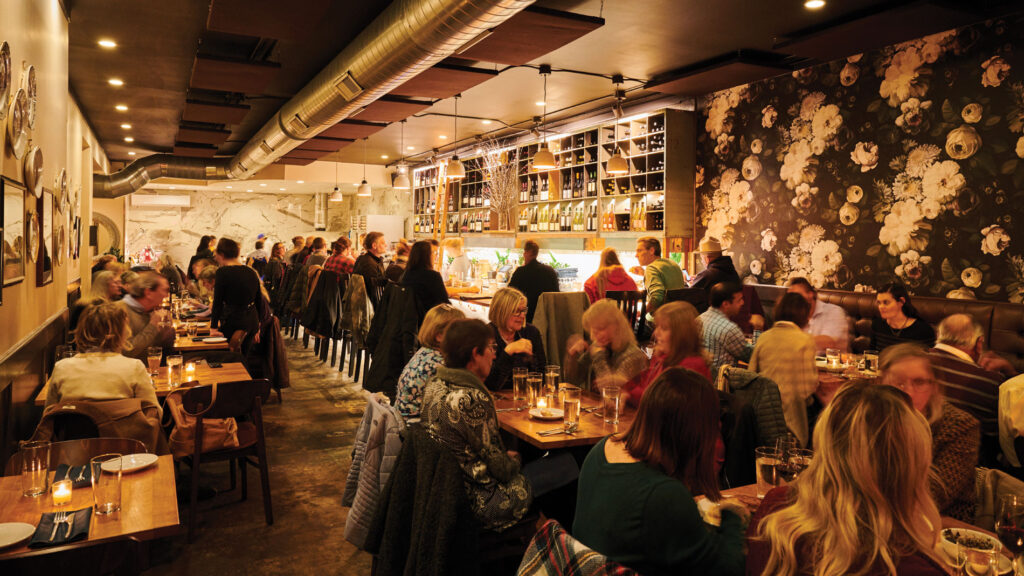Do you remember the last time you met up with someone without grabbing coffee, brunch or food in general? In this piece of content we’ve discussed about Social Eating.
It seems like 90% of social interaction involves or revolves around food. Business events, catching up with friends, birthdays and holiday parties…the list is endless. Not only is food one of life’s many joys, it’s a cultural, relational, and personal experience! It’s essential to the way we experience life. However, because of these reasons, it can feel like a struggle to participate in social gatherings without partaking in its dining aspect.
Social Eating
Some people may feel like they have to avoid these occasions altogether. But what if it is possible to enjoy your social life without feeling like food is your enemy?
Here are some strategies to tackle the challenges of social eating:
- Budget your calories.
- Try to avoid skipping meals if you feel that it leads to overeating later in the day because you’re starving (and hangry) by the time the dinner party rolls around. One strategy is to think about how you want to “budget” your calories, that way you know how to “spend” them throughout the day or week leading up to the social event.
- Scan the options and plan your plate.
- Often times the sheer variety of food can make it feel like you want to eat everything. However, planning your plate can help you differentiate what you really want to eat from what “ just looks good”. Be intentional with the food you choose. Looking at the menu ahead of time can be a huge help here.
- Eat slowly.
- If scanning your options means being intentional with what you eat, eating slowly means being intentional with how you eat. People often get second servings because the first serving wasn’t satisfying enough. However, eating slowly and savoring your food can help increase satisfaction. Take pauses between bites and engage with the people or environment around you!
- Wait before deciding whether you want that second helping. It usually takes 15 – 20 minutes for your body to register that it’s full.
- Ask yourself, “Am I really hungry?”
- Are you eating because you’re hungry or because you’re bored/need something to do? A helpful tip may be to keep water, tea, or coffee in your hand. Sipping on something may help mitigate the urge to eat when you’re feeling disengaged.
- If you’re at a restaurant, you can also ask the waiter to bus your plate or for a to-go box to avoid mindless grazing.
- Be present.
- Simply telling yourself not to think about food when you’re surrounded by it is challenging. However, similar to how you break one habit by replacing it with a more positive habit, focus on being present in your conversations with people instead of the food. When you’re immersed in your interactions with others, you’ll most likely forget about that food dilemma.



